Women get more unhappy the more they try to liberate themselves
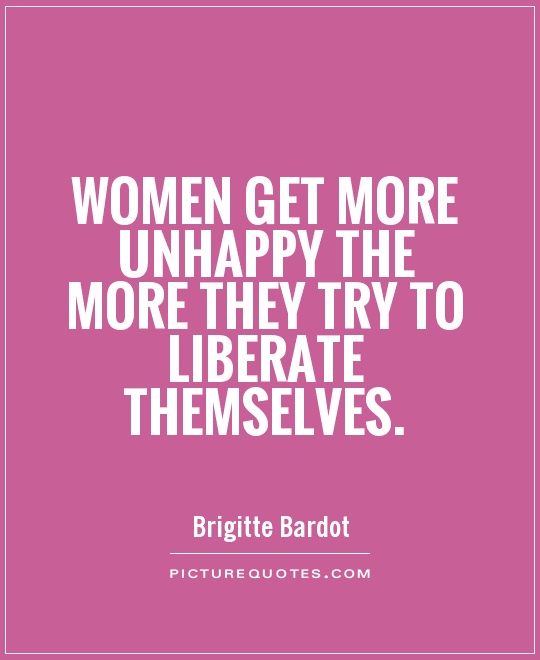
Women get more unhappy the more they try to liberate themselves
Brigitte Bardot, the iconic French actress and animal rights activist, once famously said, "Women get more unhappy the more they try to liberate themselves." This statement has sparked much debate and controversy over the years, with some arguing that Bardot's words are outdated and anti-feminist, while others believe there is some truth to her assertion.Bardot's statement can be interpreted in a variety of ways, but one possible explanation is that she was referring to the pressure and expectations placed on women in modern society. As women strive for equality and liberation, they are often met with resistance and backlash from those who are threatened by their empowerment. This can lead to feelings of frustration, disillusionment, and unhappiness as women navigate the challenges of breaking free from traditional gender roles and societal norms.
Additionally, the pursuit of liberation can be a daunting and exhausting journey for many women. The fight for equal rights, opportunities, and representation can be draining both emotionally and physically, as women are constantly faced with obstacles and barriers that hinder their progress. This constant struggle can take a toll on women's mental health and well-being, leading to feelings of unhappiness and discontent.
Furthermore, the pressure to "have it all" can also contribute to women's unhappiness as they strive to balance their careers, families, relationships, and personal aspirations. The expectation to excel in all areas of life can be overwhelming and unrealistic, leading to feelings of inadequacy and failure. This constant juggling act can leave women feeling burnt out and unfulfilled, despite their efforts to liberate themselves from societal constraints.

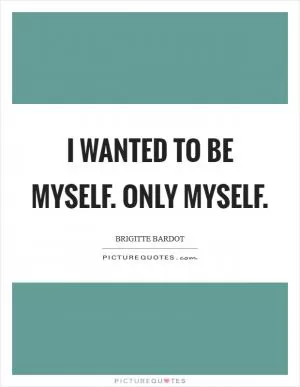

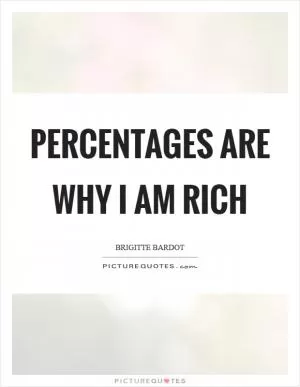

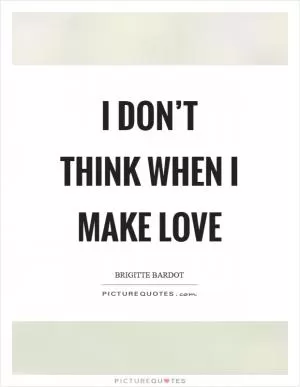


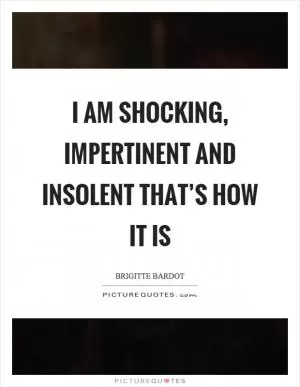
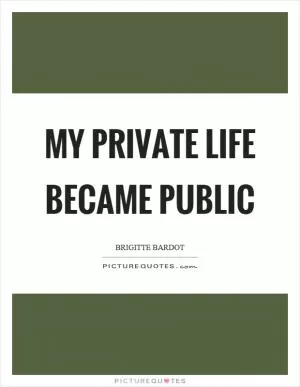
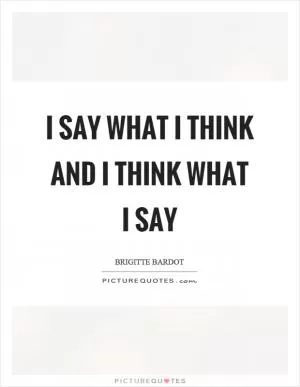
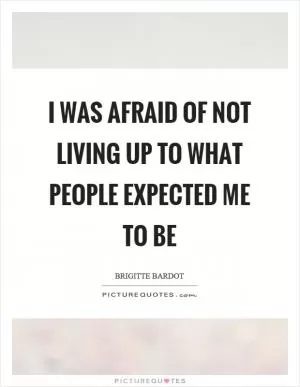
 Friendship Quotes
Friendship Quotes Love Quotes
Love Quotes Life Quotes
Life Quotes Funny Quotes
Funny Quotes Motivational Quotes
Motivational Quotes Inspirational Quotes
Inspirational Quotes